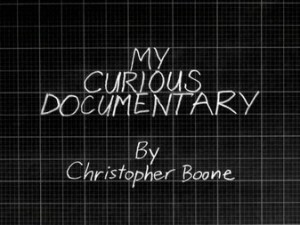Most people find it hard to settle down to work, especially a new task that begins with a blank page or pile of materials. Some of us rush out and buy a brand-new set of pencils, brushes or whatever tools in the hope that the thrill of opening some lovely, new toy will into a thrill for the job in hand. The reality is that work is often work — and if you have a job that is play, that is absolutely wonderful. (Some of the best work I do is play, where my interests and my work are exactly the same thing, so nothing holds me back from starting and keeping going). Mostly, though, work takes effort.
These are some of my techniques to create a space in which work is easier and more productive. Although I am talking about writing, because most of my time is spent putting words into documents, the techniques might be applicable to all kinds of other work leisure.

